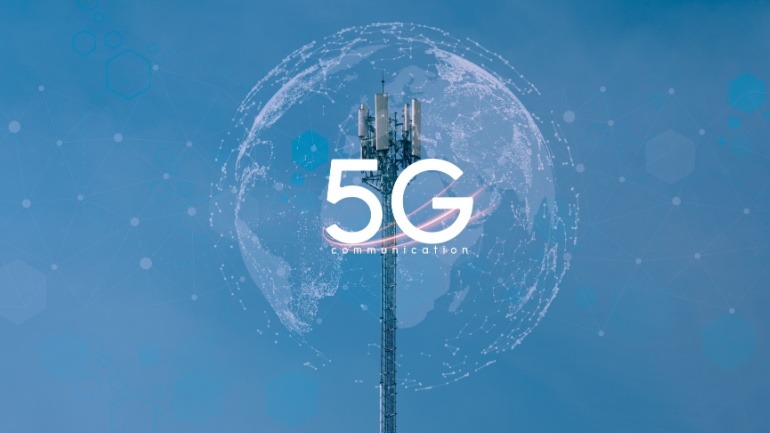Vodafone and A1 Group have achieved a major milestone by enabling seamless 5G Standalone roaming between networks. This breakthrough, powered by Ericsson’s technology and global standards, ensures secure, high-quality connectivity and sets the stage for enhanced mobile experiences across Europe and beyond.
BT Group’s groundbreaking trial of 5G Standalone network slicing on the EE network in Belfast significantly optimized mobile payment systems during the bustling Christmas Market. This real-world application highlights BT’s 5G SA technology potential.
Italy is gearing up for its first 5G Standalone millimeter wave network, enhancing Fixed Wireless Access in underserved areas. Announced by Nokia, this project supports EOLO in bridging connectivity gaps.
SFR introduces innovative 5G slicing services for businesses, leveraging 5G Standalone technology in the 3.5 GHz band. These services tailor connectivity needs with “privileged access” and “tailor-made slicing,” enhancing enterprise solutions.
Spain’s telecom sector is set for transformation as Ericsson partners with MasOrange, the country’s largest mobile operator, to develop an open, programmable network. This five-year collaboration aims to enhance network performance and support the rollout of 5G in rural areas.
Explore the future of VoIP with the remarkable advancements in 5G technology. O2 Telefonica’s recent 5G trial achieved incredible download speeds via carrier aggregation, highlighting the potential for transformative connectivity. These developments empower next-level VoIP services, ensuring seamless communication for consumers and businesses.
Recent research by Vodafone reveals significant readiness among UK companies to invest in 5G Standalone (5G SA). 39% of businesses are prepared to invest in 5G SA now, with 14% planning to do so within a year. 93% of companies see reliable data connections as vital for success, reflecting the importance of 5G SA in business transformation.
NTT Docomo is set to launch New Radio dual connectivity technology, offering download speeds up to 6.6 Gbps using 5G Standalone architecture. Utilizing sub-6GHz bands and mmWave, this VoIP-enhancing tech will debut in Tokyo and Kanagawa starting August 1.
Hrvatski Telekom is set to revolutionize Croatia’s largest shipping hub with a private slice of its public 5G network at the new Port of Rijeka. This initiative, in collaboration with APM Terminals and ENNA Group, will integrate advanced 5G technology to support remote-controlled operations, enhancing environmental responsibility and operational efficiency.
BT Group, Nokia, and Qualcomm have successfully tested 5G Standalone (SA) 5CC carrier aggregation at Adastral Park, making BT the first European operator to achieve this milestone. Utilizing Qualcomm’s Snapdragon 5G Modem-RF system and Nokia’s 5G AirScale portfolio, the tests achieved downlink speeds of 1.85 Gbps, highlighting the potential of 5G SA.













